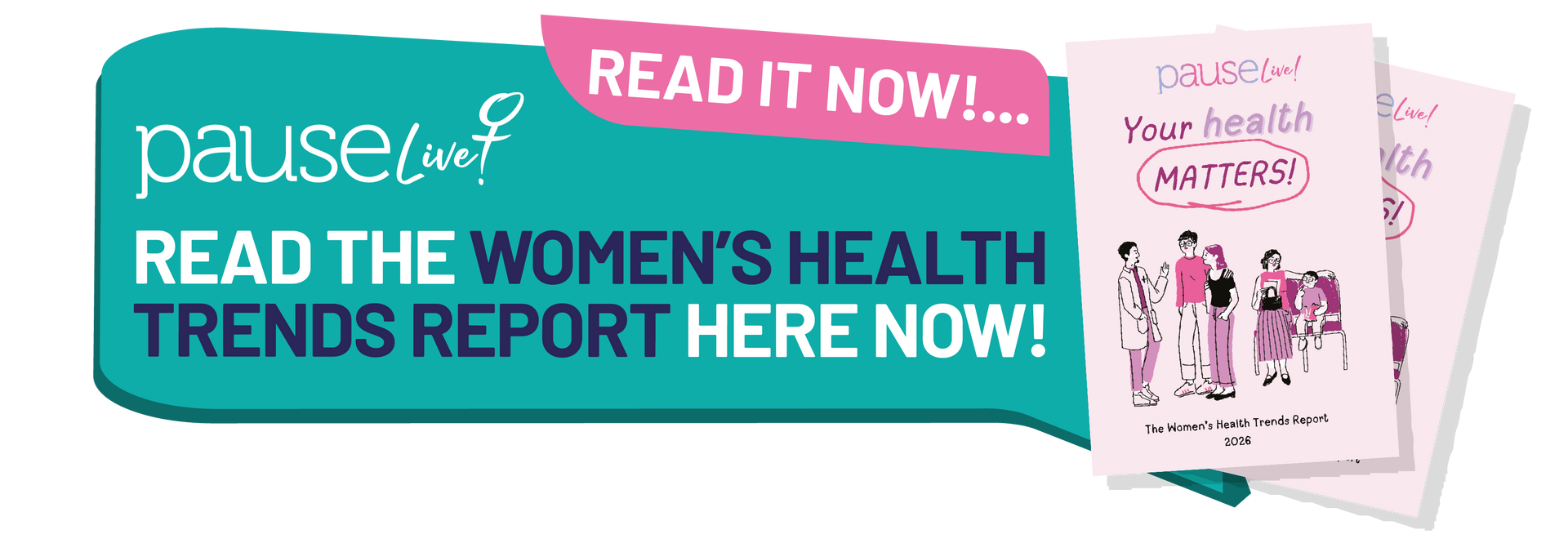MANAGING MENOPAUSE SYMPTOMS
Abnormal Bleeding During Menopause
What’s going on?
Hormonal rollercoasters during perimenopause and menopause can mess with your cycle. As your ovaries slow down, your lining (endometrium) can thicken or shed wildly—leading to heavy periods, spotting out of the blue, or bleeding after sex. Less commonly, things like fibroids, polyps, or in very rare cases, endometrial cancer can be the culprit. And any bleeding after a year of no periods definitely isn’t normal
Signs to spot out for:
- Periods so heavy you’re changing pads or tampons hourly
- Light spotting between cycles
- Bleeds lasting over a week
- Bleeding during or after sex
- Any bleeding after your periods have stopped for a year
- Random, unpredictable cycle patterns
How to cope day-to-day:
- Track it: Jot down your bleeding patterns—it can help your GP get a clearer picture.
- Stay hydrated: Helps beat bloating and discomfort.
- Eat well: Iron-rich foods like spinach, meat, and beans can stop you getting anaemic.
- Get moving: Light exercise helps balance hormones and boost mood.
- Relax: Things like yoga or deep breathing can really help calm things down.
When to see your GP:
- If your bleeding is heavy, lasts ages, or you’re passing big clots
- Any bleeding after you've been a year past menopause
- You’ve noticed big cycle changes or feel pain
- You’re feeling tired, dizzy, breathless—could be anaemia
What your GP might do:
They might check you out with:
- A pelvic exam
- An ultrasound (to check for fibroids or polyps)
- A biopsy if needed
- Hormone tests to see what’s going on
Possible treatments:
- Hormone options like the Pill, patches, or progesterone
- Surgical options—D&C, hysteroscopy, fibroid removal
- Endometrial ablation to reduce bleeding
- Lifestyle changes to support treatment
Bottom line
Irregular bleeding during perimenopause is pretty common thanks to fluctuating hormones, but it’s always worth getting checked—especially if it’s heavy or happens after you've stopped having periods. Keeping track of your symptoms and getting medical advice early makes a big difference.


